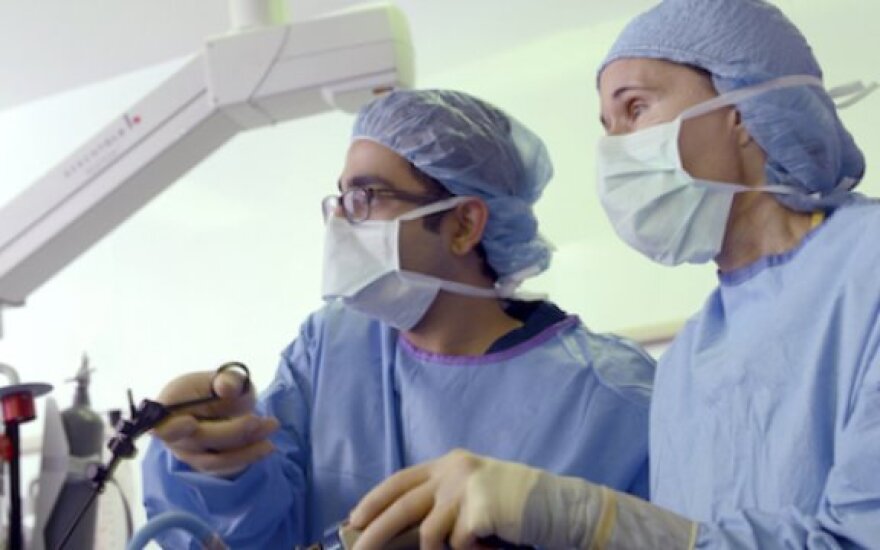A study from UT Southwestern Medical Center shows that the brain in obese women acts like it's hungry, even when it's not. Dr. Nancy Puzziferri, who led the study that appears in the journal Obesity, talks about the findings.
Interview Highlights: Nancy Puzziferri ...
... on how the study was conducted: "Patients would come in after fasting for 12 hours. They'd be quite hungry. We'd have them subjectively report on how hungry or full they were. We would put them in the MRI scanner, have them look at pictures of different foods. As they looked at each picture of food, and mind you (they) would be looking at 300 views of food in succession, they had a little box and they would press a button as to whether they felt it was appealing or not appealing. We measured their brain while they were reacting to these things, brought them out, fed them a standard meal and repeated the whole study."
... on what was happening with their brains: "Everyone first reported that they were full after they ate the standard meal. What we noticed was in lean individuals, all of the areas that were active when they were hungry and looking at food had completely diminished in activity. Whereas the women who were severely obese maintained the same brain activity level in the same parts of their brain when they were looking at food as if they had not eaten a meal."
... on how this brain activity is different: "That's a good question. We don't fully have the answer to it. What we know is that kind of brain activity is a pressure, an internal pressure, or a drive to keep eating despite the fact that they feel full. We don't know if this a conditioned response meaning that after years of eating a certain way, the brain learns to respond differently, or if people are born in fact with different brain activity."
... on what indicates the difference between the two brains: "It's a relatively new technology they can measure to a very small degree how much each area of the brain is consuming oxygen. Just like we exercise and our muscles need more oxygen when they're active, the nerves that are in the brain consume more oxygen when they're active."
Dr. Nancy Puzziferri is a bariatric surgeon and professor at UT Southwestern Medical Center.
Learn more about the study published in the journal Obesity.
Learn more from UT Southwestern.




